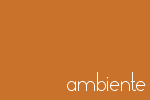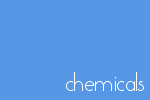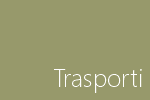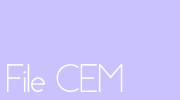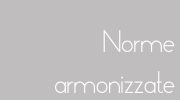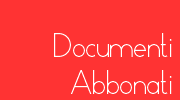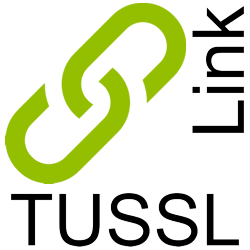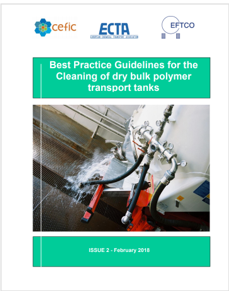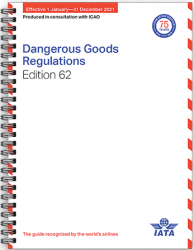Best Practice Guidelines for the Cleaning of dry bulk polymer transport tanks
| ID 5735 | | Visite: 3873 | Documenti Riservati Trasporto ADR | Permalink: https://www.certifico.com/id/5735 |
Best Practice Guidelines for the Cleaning of dry bulk polymer transport tanks
ISSUE 2 February 2018
Per i materiali polimerici forniti tramite rimorchi per cisterne di silos di grandi dimensioni, una delle maggiori preoccupazioni è la potenziale contaminazione incrociata da prodotti precedenti. Al fine di garantire che il serbatoio sia pulito, asciutto e privo di odori, il programma di pulizia deve affrontare tutti i probabili e noti punti di rischio di contaminazione.
Mentre il serbatoio e le apparecchiature ausiliarie possono differire leggermente nel design, i principi di un efficace programma di pulizia rimangono gli stessi.
For polymer materials supplied via bulk silo tank trailers, one of the major concerns is the potential cross contamination from previous products. The tank may contain residues from the previous cargo, and will require cleaning prior to its next loading. In order to ensure the tank is clean, dry, and odour free the cleaning program must address all of the likely and known contamination risk points.
For many years, all of the polymer suppliers and hauliers have identified their own specific cleaning requirements which have differed slightly from organisation to organisation. This can create confusion for the haulier, the cleaning station and the supplier.
The purpose of this document is to provide best practice guidelines for the cleaning of dry bulk polymer transport. This cleaning program will be known as the “Polymer industry cleaning specification”
The specific cleaning methods may on occasion vary depending on the previous product, and it is the expertise of the cleaning station which will determine this. The EFTCO cleaning codes indicated on the checklist are the minimum requirements expected by the polymer industry.
This polymer industry cleaning specification has been developed based on the experiences, knowledge and agreement of the suppliers, carriers and the cleaning station operators. Whilst the tank and ancillary equipment may differ slightly in design, the principles of an effective cleaning program remain the same.
The operational activities and responsibilities related to the unloading operations of bulk polymers are described in the “Safety and Quality guidelines for the Unloading of bulk Polymers”. This cleaning guidance is also referenced as part of that document.
_________
Table of Contents
1. Introduction
2. Roles and Responsibilities
3. Polymer Industry cleaning specification - process description
4. Documentation
5. Special cleaning programs
6. Further considerations relayed to polymer tank cleaning
6. Zero pellet Loss
Example Cleaning and Equipment Checklist
Contact list
Fonte: CEFIC
| Descrizione | Livello | Dimensione | Downloads | |
|---|---|---|---|---|
| Best-Practice-Guidelines-Cleaning-Dry-Bulk-Polymer-Transport-Tanks.pdf |
2445 kB | 14 |





